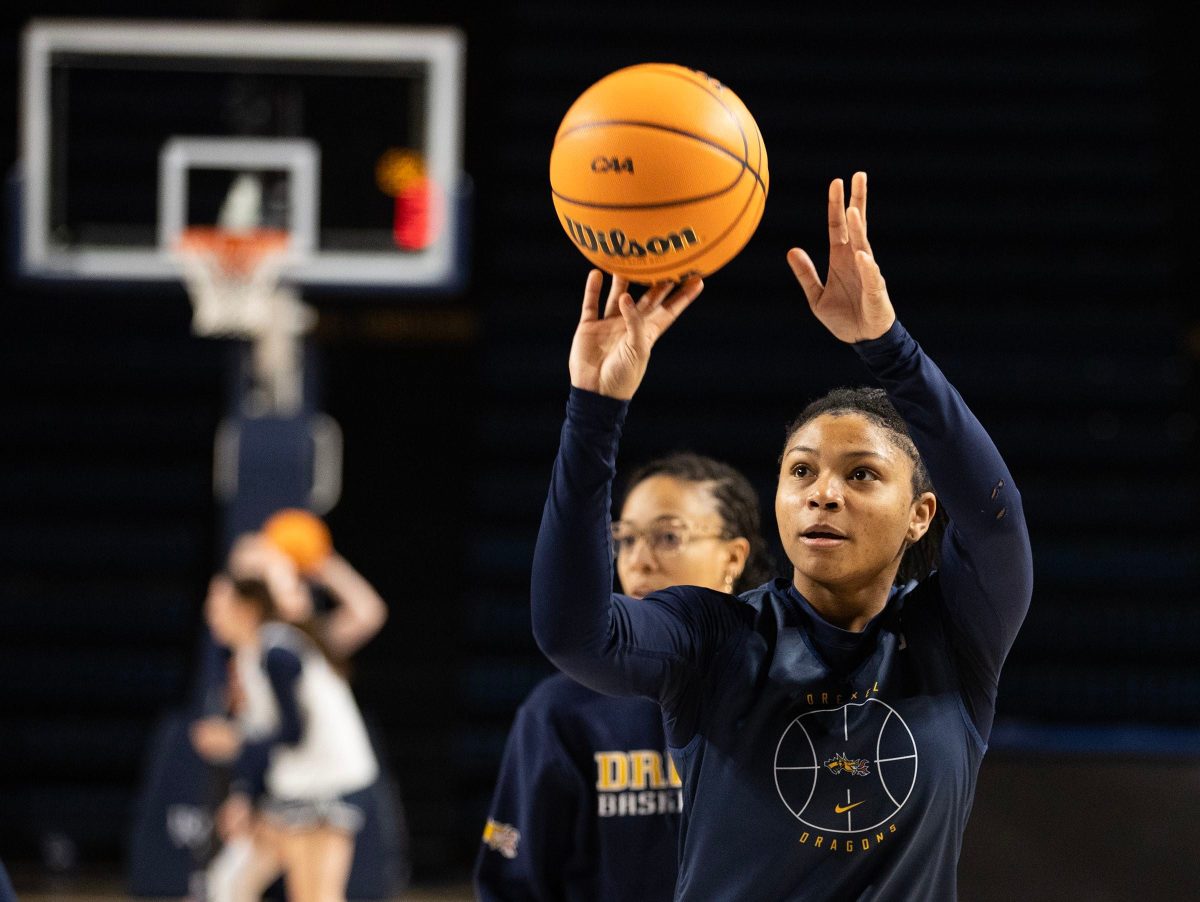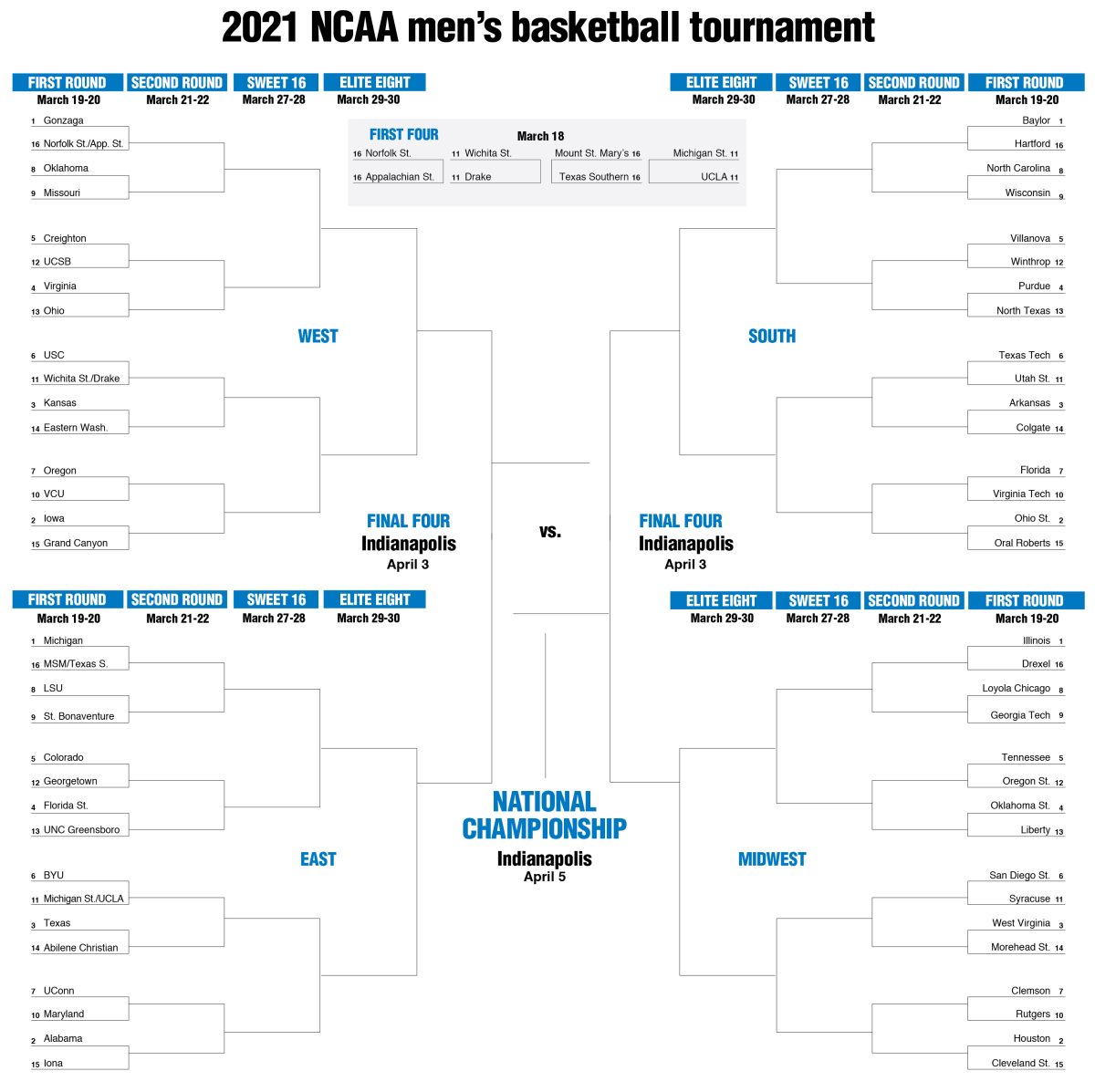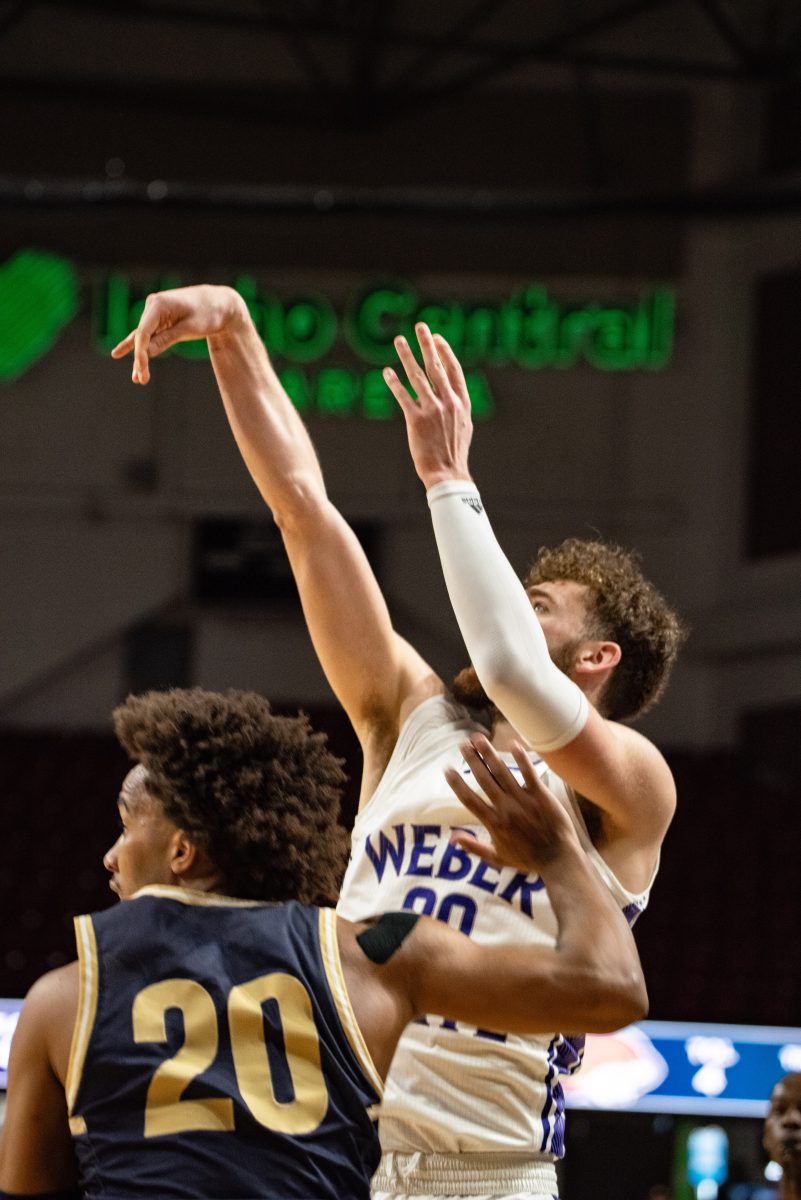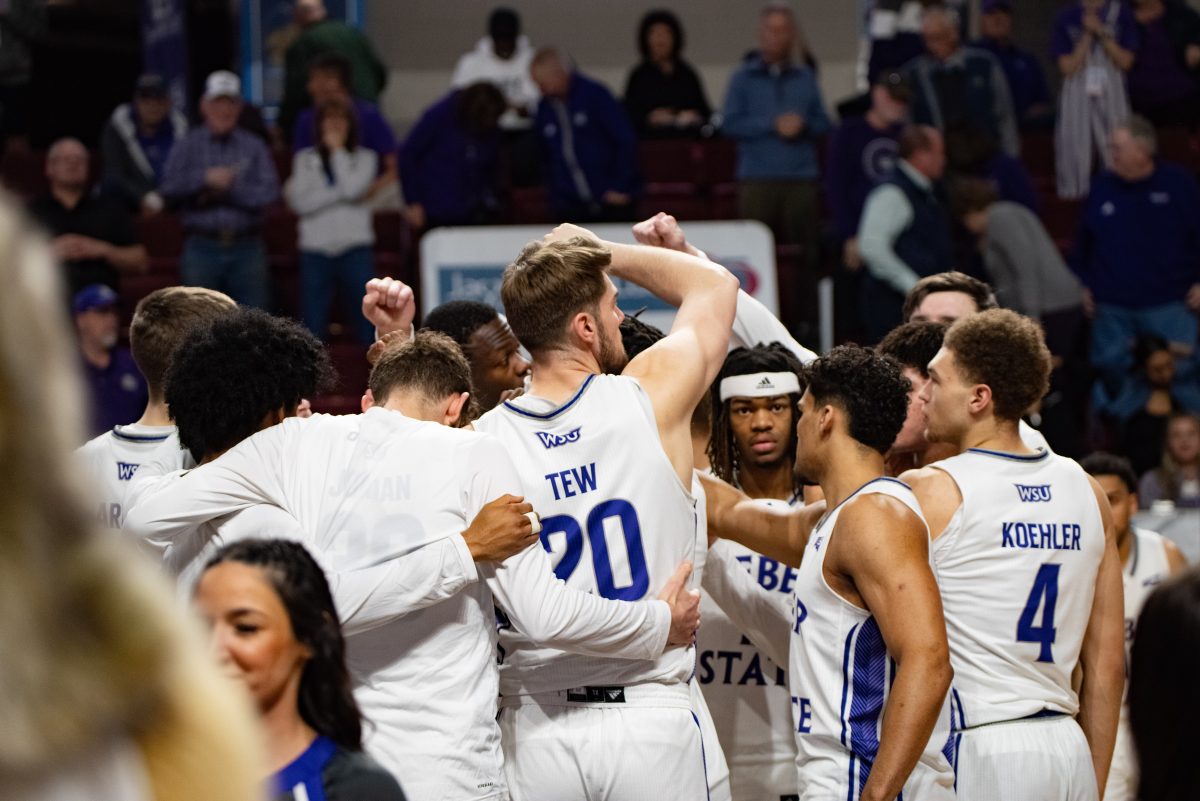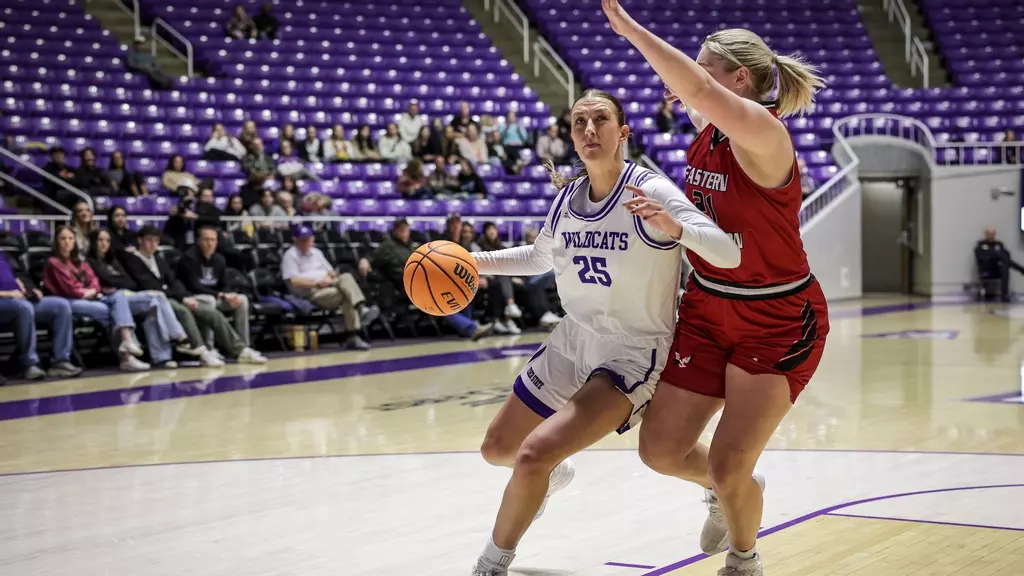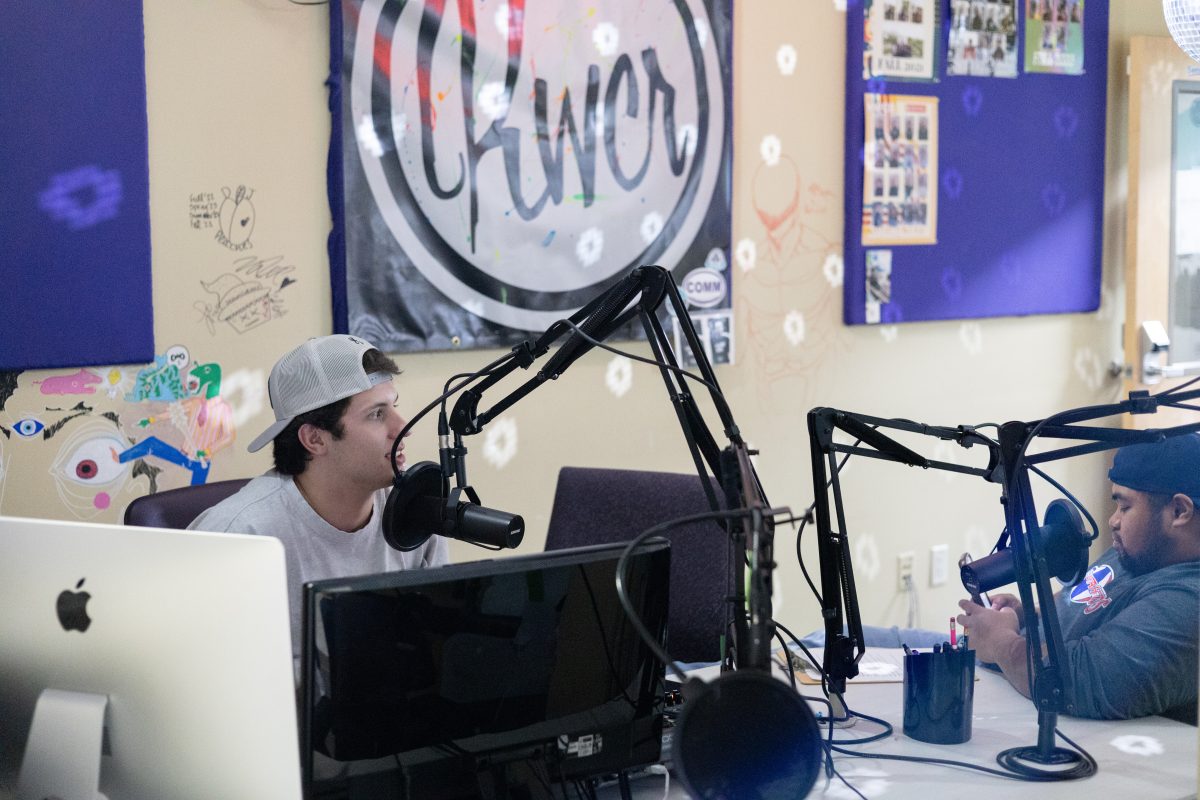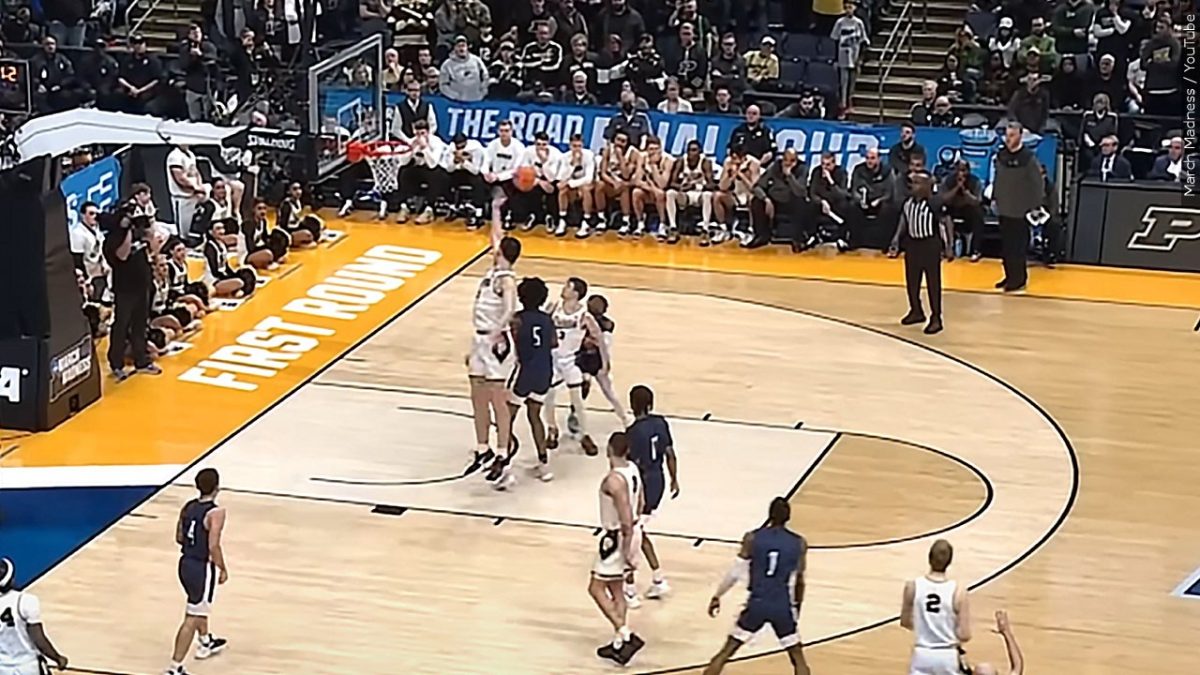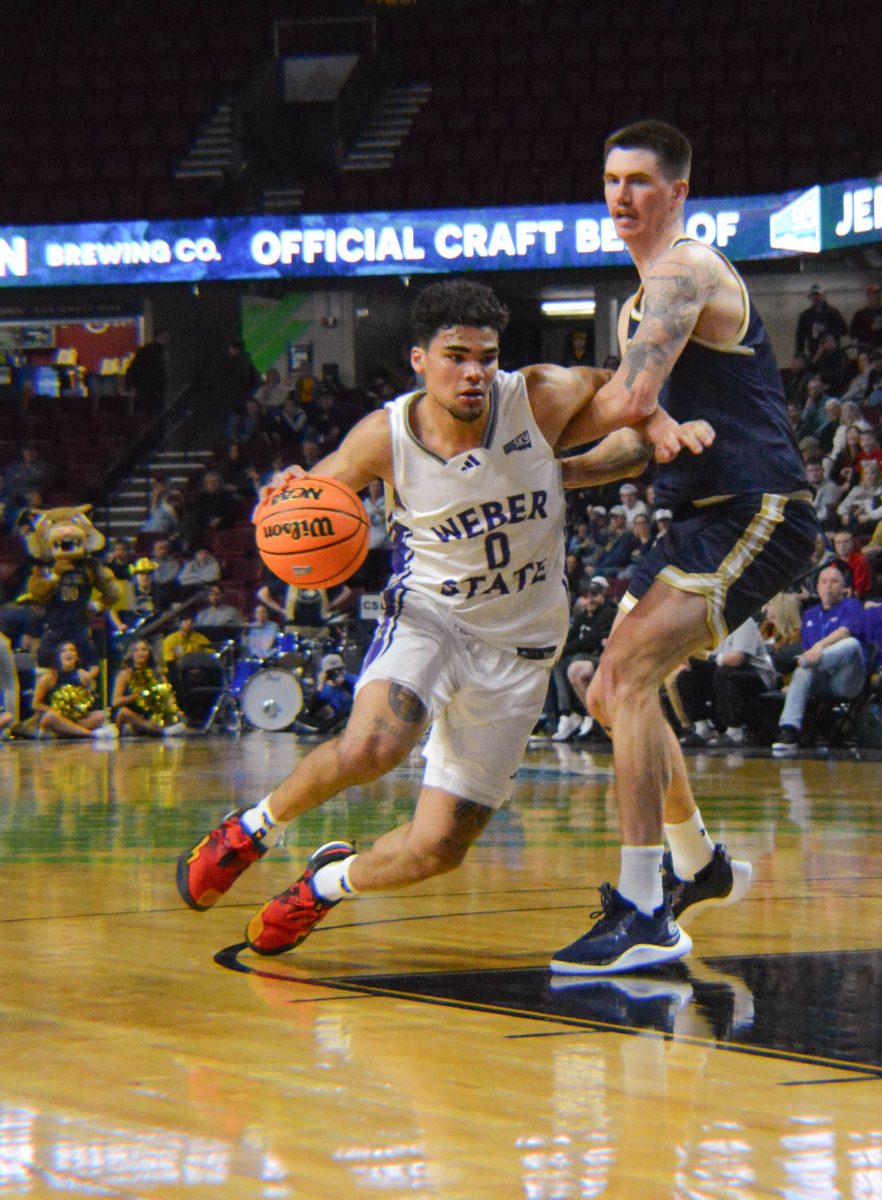Twenty-five . . . that is the highest percent a team could have in obtaining the first overall pick in the NBA Draft. Finish with the worst record in the NBA the previous season, and the best odds a team can land the first pick is a mere 1 in 4? Not exactly the greatest.
Is 25 percent worth “tanking” and losing on purpose to increase the chances to land that coveted No. 1 pick? Simply put, no. Even when the draft is stacked with quality like the 2014 class will be.
A team’s percentage of getting that No. 1 pick is weighted on their record, meaning the worst record has a 25 percent chance of getting the first pick, the second-worst a 19.9 percent chance, third-worst a 15.6 percent chance and so on. The chances get less and less the better they finish in regards to their record.
While the odds get slightly better the worse the team’s record is, it in no way guarantees they’ll end up where they want to be in the draft. All tanking guarantees is losing. Nothing more. A team that doesn’t have the worst record could still get that pick.
In fact, the last time the biggest loser in the NBA got that first pick was in 2004 when the Orlando Magic helped the oddsmakers be right and landed at No. 1.
This year, there are a handful of teams that could potentially tank in order to move up the odds list to securing the first pick: The New Orleans Pelicans, Orlando Magic, Charlotte Bobcats and even the Utah Jazz, among a few others, could all make the decision to lose now in order to win later.
One problem with this is not only is your position in the draft not guaranteed, but the team runs the risk of upsetting its fanbase while losing. Paying customers want to see a quality product, and when a team is purposefully not putting its best foot forward, it can be hard to swallow for fans, and equally hard to watch (i.e., Charlotte Bobcats of recent years).
It is also tough on some of the young players’ development. These young players are thrown to the wolves in a sense and put in a position to fail. This can be difficult for them to overcome. Having a bad year on their resumes can impact their worth in the future. The players know this. If a player has a bad year for this losing team, will this team be more inclined to find his replacement? It’s possible. Will another team want his services? Maybe.
Let’s also not forget the coach. The coaches who always get too much of the blame when a team is bad. Imagine an NBA executive saying, “It wasn’t a bad coaching job because we were losing on purpose.” This will never be uttered even if it’s true, so the coach takes the blame and will be replaced.
Now that I’ve gone and wasted the ink and time to say this, I end by saying much of it is a moot point this year. The teams mentioned above are simply not very good, will probably lose plenty of games, and will not have to do it on purpose.
Instead, a franchise could use this as kind of a win-win or, better yet, a no-lose situation. If the team gets a win, it can build on said wins by having a bad team that can win, and if they lose, they can still increase their lottery-pick odds.
Lose as a result of being beat, not as a result of giving up or tanking.



